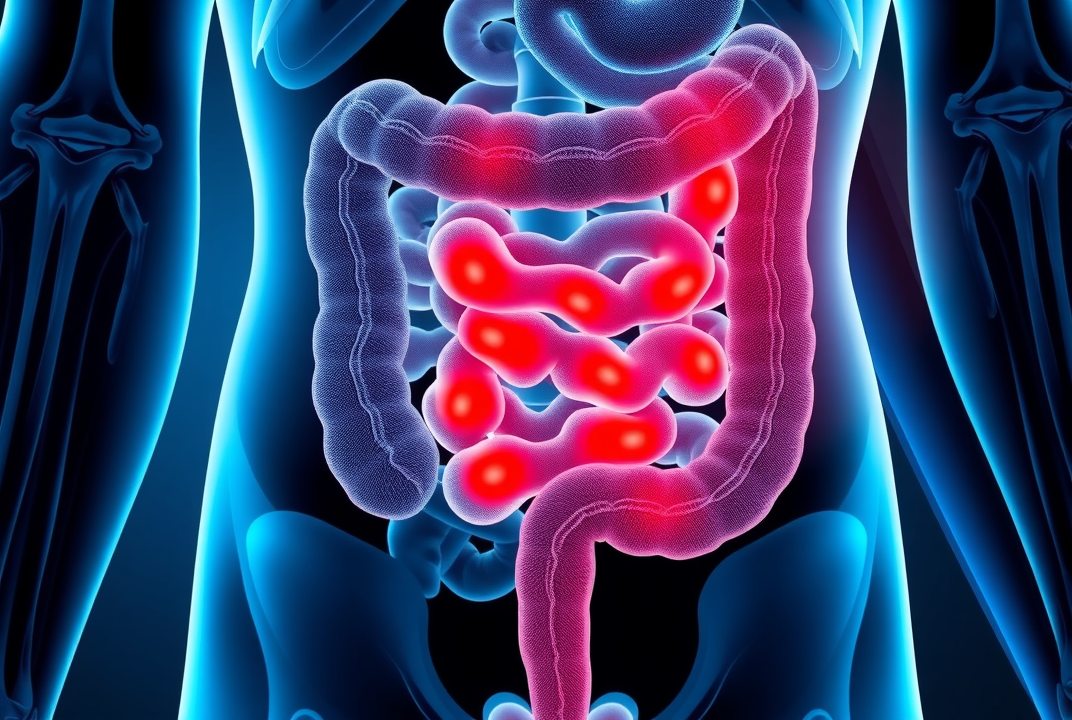Effective Treatments for Diverticulitis Flare-Ups

Understanding Diverticulitis Flare-Ups
Did you know that diverticulitis affects up to 20% of people with diverticulosis? This digestive condition, characterized by inflammation in the digestive tract's diverticula, often results in uncomfortable flare-ups. For sufferers, understanding how to manage and treat these flare-ups is crucial. In this article, we'll explore the medical treatments available, offering insight into how they work and their effectiveness.
The Basics of Diverticulitis
Diverticulitis occurs when small pockets, called diverticula, form in the digestive tract lining and become inflamed. This often leads to abdominal pain, bloating, and changes in bowel habits. Although it can affect anyone, it's more common in older adults. Recognizing the symptoms early can prevent complications and help in managing the condition better.
Over-the-Counter Medications
For mild diverticulitis, over-the-counter medications can offer relief from symptoms. Pain relievers such as acetaminophen can reduce discomfort. However, it's essential to avoid nonsteroidal anti-inflammatory drugs (NSAIDs) like ibuprofen, as they may exacerbate symptoms.
Antibiotics: The First Line of Defense
In cases where a bacterial infection accompanies diverticulitis, antibiotics become a primary treatment. Medications like ciprofloxacin and metronidazole are commonly prescribed. These antibiotics target the bacteria causing inflammation, thereby reducing symptoms and preventing further complications.
When to Consider Surgery
For recurrent or severe flare-ups that do not respond to medication, surgery might be necessary. The most common surgical procedure is a bowel resection, where the affected part of the intestine is removed. Surgeons then reattach the healthy sections. Discussing surgery with a healthcare provider is crucial to understanding the risks and benefits involved.
Lifestyle and Dietary Adjustments
Lifestyle changes play a significant role in managing diverticulitis. Maintaining a high-fiber diet can reduce the frequency and severity of flare-ups. Foods like fruits, vegetables, and whole grains help keep the digestive system functioning smoothly. Additionally, staying hydrated and exercising regularly contribute positively to digestive health.
Probiotics for Gut Health
Probiotics may aid in maintaining gut balance by improving the gut flora. Studies suggest that probiotics can reduce diverticulitis symptoms and prevent flare-ups, although more research is needed in this area.
Alternative and Complementary Therapies
While medical interventions are often necessary, some patients explore alternative therapies. Practices such as acupuncture, yoga, or mindfulness meditation can reduce stress, which may indirectly alleviate symptoms.
Complications and When to Seek Help
Complications from diverticulitis can include abscesses, fistulas, or bowel obstructions. Knowing when to seek medical attention is vital. Persistent or worsening symptoms warrant a doctor's visit.
Expert Opinions
"Continuous management and awareness are key in preventing diverticulitis flare-ups," says Dr. Jane Smith, a gastroenterologist. "Alongside medical treatments, patients should adopt healthy lifestyles to support their digestive health."
Summary and Next Steps
Effectively managing diverticulitis requires a combination of medical treatments, lifestyle changes, and vigilance. If experiencing a flare-up, one should consult with a healthcare provider to discuss the best course of action. Stay informed and proactive in addressing diverticulitis symptoms. For those considering surgery, a detailed discussion with a medical professional will help in making an informed decision.
Remember that while medical treatments provide relief, long-term solutions often involve integrating lifestyle modifications to enhance gut health.